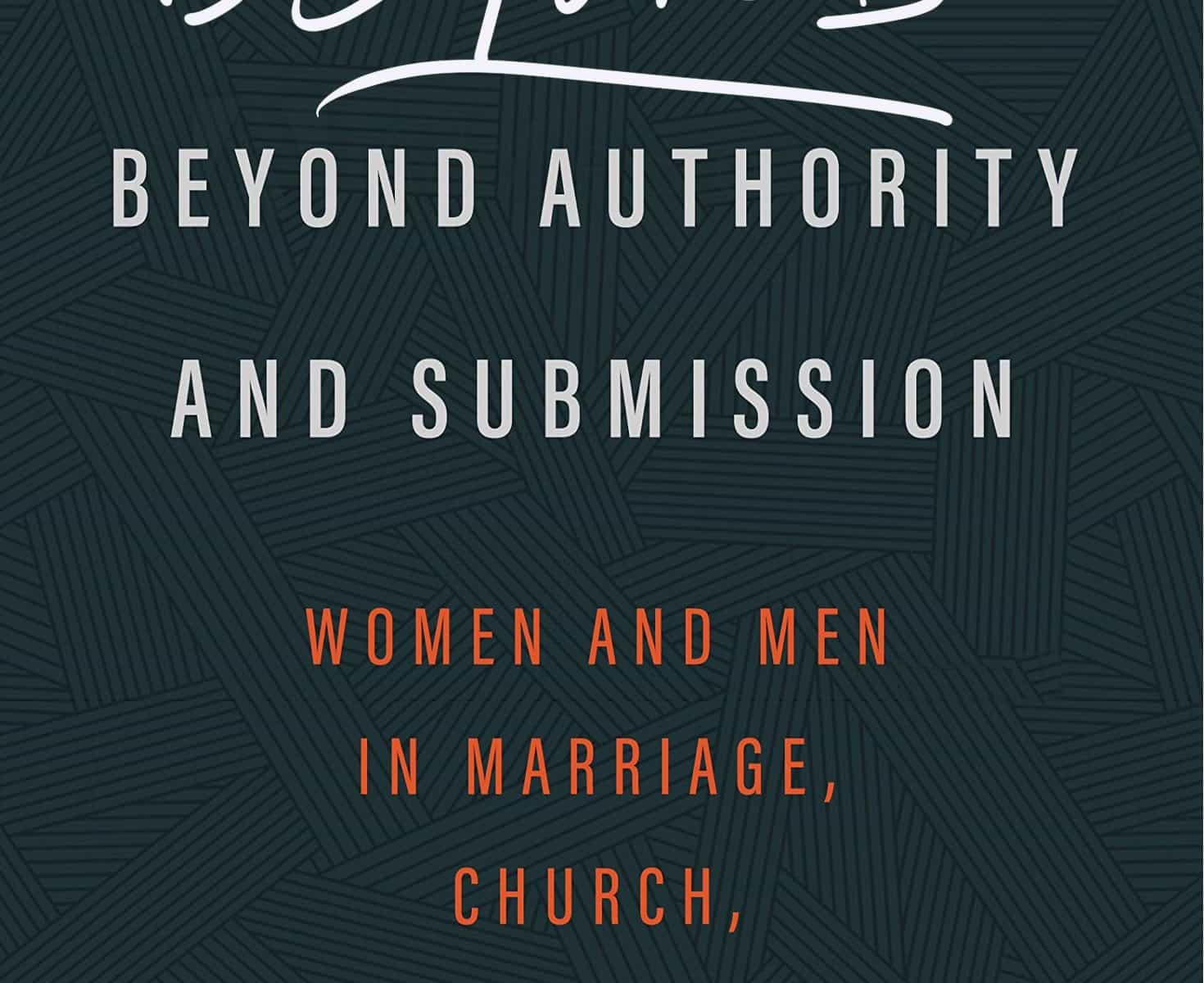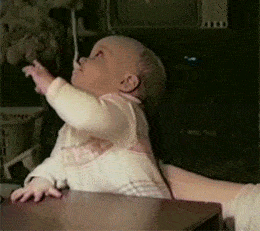Introduction: In her second chapter, Rachel Miller does say some good things, particularly about the tranny-nonsense. And in addition to that, she also says a number of unobjectionable things ...
No, No, It’s Actually Consumerism . . .
“The most plausible explanation for the fact that everyone’s eating Yukon Gold potatoes is that they are really good potatoes and people like them. If the overall result is homogeneity, how can we complain? After all, in order to avoid this outcome, someone would have to get stuck eating potatoes that they don’t like.”
Nation of Rebels, p. 232
Not What’s Done
“As a conscientious pastor, John regretted having given a fellow clergyman a black eye. Not entirely intentional, more a confluence of events that was larger than everybody involved. But still, hardly what he had learned in seminary.”
Evangellyfish, opening lines, p. 9
The Previous Guy Always an Idiot

Conformity Has An Upside
“There are often significant benefits associated with acting like everybody else. Expressing your individuality by wearing a funny tie to work is not the same thing as expressing your individuality by using file formats on your computer that are incompatible with those of your co-workers.”
Nation of Rebels, p. 230
A Reasonable Point, I Think
“This is as good a place as any to insist that all the characters in Evangellyfish are fictional, and I made them up out of my own head. Any resemblance to any real people, living or dead, is their own darn fault. If they quit acting like that, the resemblance would cease immediately and we wouldn’t have to worry about it.”
Evangellyfish, front matter
A Grand Purée of Sorrow
I think I discovered something while watching this video below. It is a video montage of three professors at Southern talking about whiteness, white supremacy, critical race theory, and all that jazz. I’ll give you a chance to watch it too, and then we’ll check in afterwards to see if you noticed the same thing …
Which Means They are Buying Something Else
“Consumers are extremely savvy, and are fully aware that there are no relevant differences between brands across a vast range of products.”
Nation of Rebels, p. 212
As Strange as It May Seem
“In Genesis 6, we find an account give of the Deluge, and of the reasons for it. It was because the ‘sons of God,’ or bene elohim, saw that human women were fair, married them, and had children by them. Everywhere else this phrase appears in the Bible, it refers to celestial beings (Job 1:6; 2:1; 38:7, and in the singular, Dan. 3:25). From the references in the first part of Job, we find that Satan is one of their number, or at least accompanies them . . . Jude verifies that these beings did not keep their proper station, and that the nature of their sin was sexual. He states clearly that the inhabitants of Sodom and Gomorrah sinned in the same way as these beings, by going after strange flesh (vv. 6-7).”
Surprise! Got a Few Letters About Rachel Miller . . .
Letter to the Editor: If the people’s need to hear from others (that aren’t you) about Ms Millers loose grasp of reality and facts when it comes to you, may I remind you of the ...




